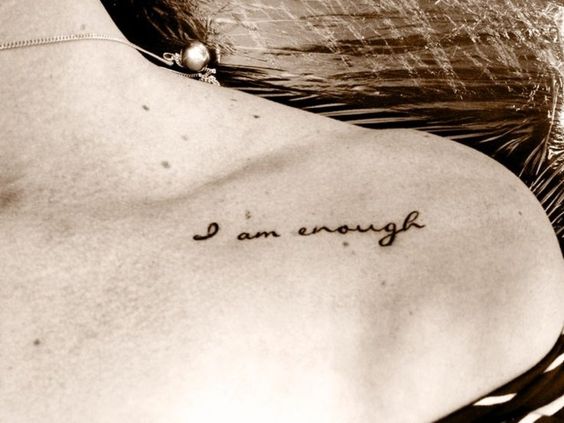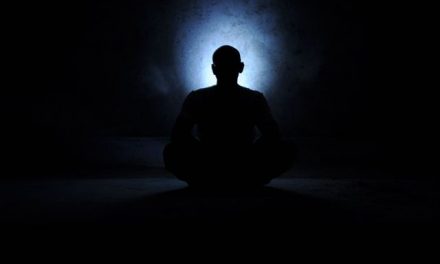By Daniel Scharpenburg
“If your compassion does not include yourself, it is incomplete.”
-Jack Kornfield.
On the Bodhisattva path, we are striving to save all beings.
By putting all other thoughts aside, we are simply working for the benefit of all.
But sometimes we forget to include ourselves. We’re taught to not judge others, to avoid looking down on them and to recognize that their experiences are different from ours.
To each their own, because there is harmony in a world of difference. These are good things. Judgments can tear people apart in ways that few other things can. Judgment represents aversion, one of the three poisons that the Buddha warned us about.
Yet, I think sometimes we forget to avoid judging ourselves.
I’m bad at managing money.
I’m not very good looking.
I’m broken.
I’m not smart enough.
I’m too selfish.
I make only bad choices.
I don’t have good abs.
I’m not lovable.
This or that person is better than me.
I’m not good enough.
These are some examples of self judgment. Most of us have these thoughts some of the time, but some of us have these kinds of thoughts a lot. We don’t think of these kinds of thoughts as aggression, but they are. It’s not peaceful to think of ourselves in these ways.
So I’m here to tell you: Yes, you are good enough. Please don’t forget that.
Shunryu Suzuki, the zen monk who founded the San Francisco Zen Center said, “You’re perfect just as you are, and you could use a little improvement.”
We don’t think of ourselves as perfect, certainly. I could say our culture teaches us that we aren’t enough, but I wonder if this is fundamental to the human condition. Buddhism has something to offer us, though.
Buddhism teaches us not to identify with our ego so much.
When we can disentangle from our little self and have a more broad experience as part of an inter-connected whole, we can step away from these kinds of feelings. In truth, we see the world through layers of delusion, and these delusions cling to us and stop us from seeing the world with clarity—with basic sanity.
Sometimes this delusion involves negative feelings about ourselves, and on the path that delusion is what we’re trying to get through. When we see through these thoughts, what we tune into is our basic sanity, our true nature.
You are not a part of the universe, the whole universe dwells in you. If we can dwell in this basic sanity, this real sense of our true nature, then these kinds of delusions naturally will fall away.
I am good enough. And so are you.
It’s our true nature. One with everything.
A student asked Nakagawa-Soen during a meditation retreat, “I am very discouraged. What should I do?”
Soen Roshi replied,
“Encourage others.”
Photo: (source)
Editor: Dana Gornall
Comments
- Review of The Power of Mind: A Tibetan Monk’s Guide to Finding Freedom in Every Challenge {Book Review} - August 23, 2022
- The Path to Peace: A Buddhist Guide to Cultivating Loving Kindness by Ayya Khema {Book Review} - July 21, 2022
- That is Not Your Mind! Zen Reflections on the Surangama Sutra {Book Review} - July 16, 2022





